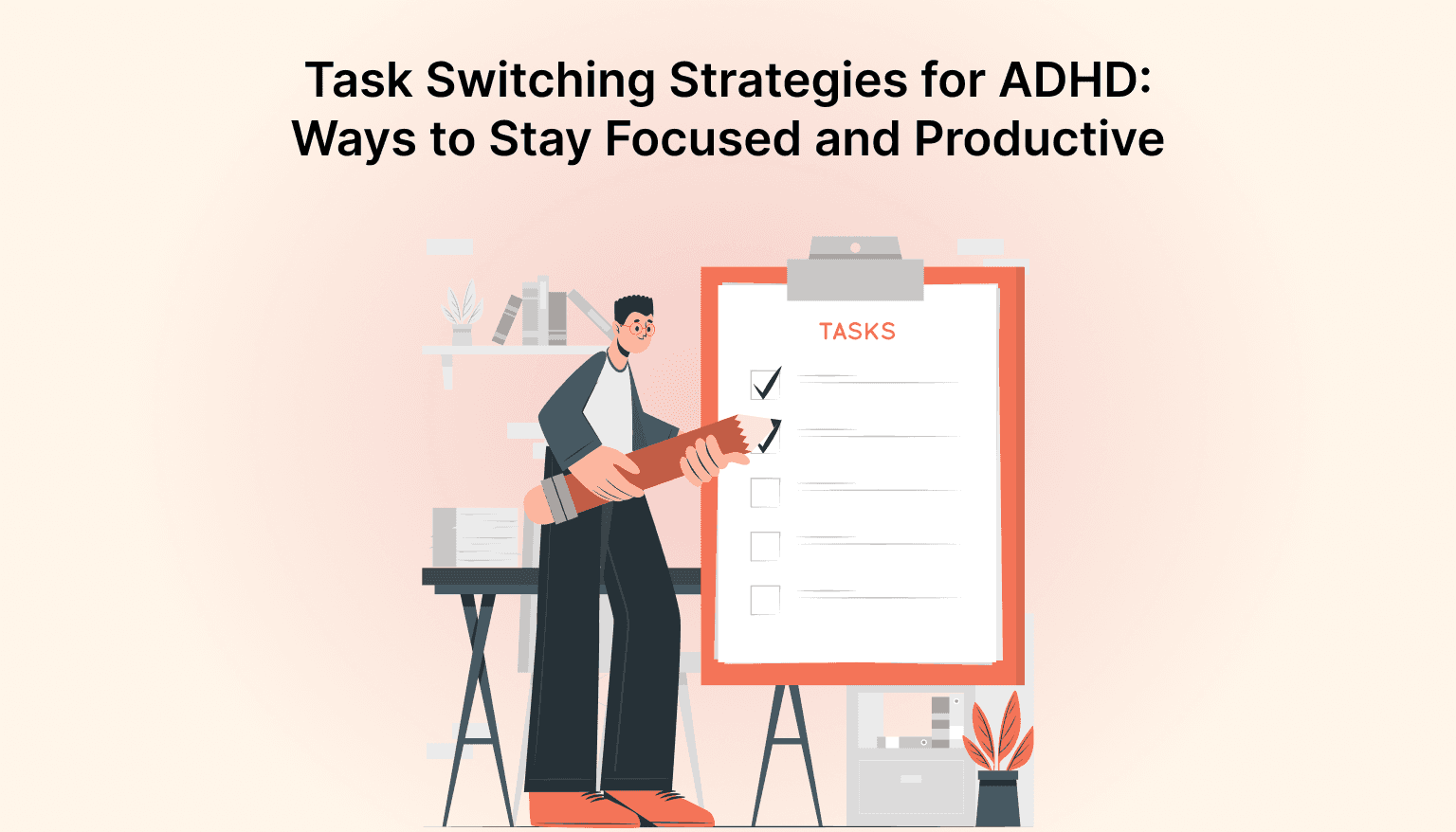Defining and Understanding Time Management
6
Ever felt like there just aren’t enough hours in the day? You’re not alone. According to a global study by RescueTime, most people spend only 2 hours and 48 minutes per day on productive tasks, with the rest lost to distractions, multitasking, or poor planning. That’s more than 20 hours a week gone, time that could be better used with the right strategies in place. This is where time management comes in.
Effective time management skills are no longer a luxury, they’re a vital skill for thriving in today’s demanding world. Whether you're a student handling a packed academic schedule, a professional racing against deadlines, or a parent striving to balance career and family life, mastering how to manage your time wisely can have a powerful impact on both your productivity and overall well-being.
What Is Time Management?
Time management refers to the process of organizing, planning, and dividing your time between specific activities to maximize efficiency and productivity. It involves conscious control of time spent on various tasks to ensure that critical objectives are met without unnecessary stress or burnout.
At its core, time management isn't just about getting more done; it’s about getting the right things done in a timely, focused, and balanced manner. It helps you prioritize work, eliminate distractions, and stay on track with your goals, all while preserving time for relaxation, creativity, and personal growth.
Importance Of Time Management
Effective time management offers a range of benefits that stretch across every area of life.
Here’s why it matters:
1. Boosts Productivity and Efficiency
When you manage your time well, you’re able to work smarter, not harder. It allows you to stay organized, reduce downtime, and avoid rushing through tasks at the last minute.
2. Reduces Stress and Overwhelm
Deadlines and workloads can become overwhelming without proper planning. Time management helps you break down larger goals into manageable chunks, reducing anxiety and improving clarity.
3. Improves Work-Life Balance
By setting boundaries and allocating time for both work and leisure, you’re more likely to maintain a healthy balance, reducing burnout and improving overall satisfaction.
4. Enhances Focus and Decision-Making
When you know exactly what needs to be done and when, it eliminates decision fatigue. You’re more focused, clear-headed, and better equipped to make thoughtful choices.
5. Facilitates Goal Achievement
Whether it’s professional milestones or personal dreams, good time management ensures consistent progress - something especially valuable when pursuing goals like a PMP course in New York, where disciplined scheduling and focus are essential for success. Next, we will take a closer look at the effects of poor time management.
Effects Of Poor Time Management

On the flip side, failing to manage your time effectively can have serious consequences, both in your career and personal life.
Missed Deadlines: Poor planning often leads to late submissions, decreased performance, and lost opportunities.
Increased Stress and Anxiety: Without structure, everything feels urgent. This leads to stress, fatigue, and a constant feeling of playing catch-up.
Lower Quality of Work: When you’re rushed, the quality of your work suffers. Mistakes become more frequent, and you may lack the time to review or improve your output.
Damaged Reputation: Inconsistent performance or habitual lateness can affect how colleagues, clients, or supervisors perceive you, possibly harming your career.
Reduced Career Growth: Poor time management can hinder professional development by limiting learning opportunities, reducing innovation, and affecting your ability to take on new responsibilities.
Powerful Tools for Time Management in 2025
Whether you’re a student juggling assignments, a freelancer managing multiple clients, or a team lead overseeing projects, effective time management tools can be a game-changer.
Here are seven standout apps to help you stay organized, focused, and ahead of deadlines:
1. Akiflow
Best for: Calendar-driven productivity and daily planning
Akiflow combines tasks, calendars, and notifications into a single command center. You can import tasks from tools like Notion, Slack, Trello, Gmail, and more, then time-block your day with drag-and-drop simplicity. It’s perfect for users who want structured, distraction-free focus and better control over their time.
2. Todoist
Best for: Simple and intuitive task tracking
Todoist is a lightweight yet powerful task manager that helps individuals and teams track to-dos, organize projects, and set recurring tasks. With natural language input and a sleek interface, it's easy to create and prioritize tasks on the fly.
3. Trello
Best for: Visual task management using boards
Trello uses a card-and-board layout (Kanban-style) that's great for visual thinkers. It’s ideal for project planning, brainstorming, and collaborative workflows. You can add checklists, labels, and due dates to keep everything in motion.
4. Notion
Best for: All-in-one workspace and time tracking
Notion offers more than just task management, it’s a workspace where you can build custom pages for notes, calendars, to-dos, databases, and more. You can create a personalized productivity system that matches your style.
5. Google Calendar
Best for: Straightforward scheduling and reminders
Google Calendar remains a staple for time blocking and scheduling. It’s easy to use, syncs across all devices, and integrates well with Gmail and other productivity tools. Perfect for keeping meetings and personal tasks in check.
6. Clockify
Best for: Time tracking and productivity analysis
Clockify helps you track how much time you spend on tasks and projects. Great for freelancers and remote teams, it gives you detailed reports to understand where your hours go and how to optimize your workflow.
7. Sunsama
Best for: Mindful daily planning and work-life balance
Sunsama encourages users to plan their day with intention. It integrates with task apps and calendars, allowing you to pull in tasks, estimate time, and plan your day in a calm, focused manner ideal for those who want to avoid burnout.
Common Time Management Techniques
Once you understand the skills, applying structured techniques can enhance your efficiency even further.
Here are some of the most widely used and effective time management methods:
1. The Pomodoro Technique
This method breaks work into 25-minute focused intervals followed by a 5-minute break. After four intervals, take a longer break (15–30 minutes). It helps maintain energy and prevent burnout.
2. Eisenhower Matrix
Categorize tasks into four quadrants: urgent and important, important but not urgent, urgent but not important, and neither. This helps prioritize effectively.
3. Time Blocking
Set aside specific blocks of time in your calendar for different types of work. It creates structure and minimizes the chances of multitasking or context switching.
4. The 80/20 Rule (Pareto Principle)
Focus on the 20% of activities that deliver 80% of your results. This helps you concentrate on high-impact work.
5. ABCDE Method
Rank tasks based on importance and consequences: A (must do), B (should do), C (nice to do), D (delegate), and E (eliminate). It’s a straightforward way to manage large to-do lists.
6. Eat That Frog
Start your day with the hardest or most dreaded task first. Once it’s out of the way, everything else feels easier.
Conclusion
Time management isn't just about productivity, it’s about creating a life that feels balanced, meaningful, and fulfilling. By mastering essential time management skills, you gain control over your schedule, reduce stress, and make steady progress toward your goals, both personal and professional.
Whether you’re trying to achieve more in less time, reduce burnout, or simply carve out moments for things that matter most, effective time management is the key. It’s a skill anyone can learn, and the benefits are truly transformative. So take that first step today, because how you spend your time is how you spend your life. Book a demo with us today to learn more about time management.




